National Commission on the Status of Women (NCSW) recently organized a crucial National Dialogue to address the challenges in achieving gender parity in Pakistan. The dialogue brought together experts, policymakers, and stakeholders to discuss the Global Gender Gap Report 2025 and the need for inclusive, evidence-based systems.
Key Takeaways:
– National Task Force on Gender Data Synchronization: NCSW is calling for the establishment of a task force to bring together all data custodians under a unified framework.
– Inter-agency protocols: For real-time, disaggregated data sharing and reporting under NCSW coordination.
– Pakistan-owned National Gender Equality Index: Informed by ground realities and aligned with global standards.
– Scaling of the Gender Data Portal: To reflect missing domains like care work, digital inclusion, and time-use data.
Panel Discussions:
Reading Between the Ranks: Deconstructing the Data and the Disparity
– Amir Jehangir (CEO Mishal Pakistan): “We need to work together to address the gaps in our data systems and ensure that women’s contributions are visible.”
– Ali Kemal (SDG Unit P&S): “The lack of timely and accurate data is a major challenge in achieving gender parity. We need to prioritize data-driven decision-making.”
– Dr. Lubna Shanaz Umar (Senior Labour Economist): “Women’s economic participation is crucial for Pakistan’s growth. We need to create more opportunities for women in the workforce.”
– Mehnaz Akber Aziz (Former MNA and Parliamentary Secretary, Ministry of Law and Justice): “We need to recognize and value the contributions of women in all sectors of society.”
– Mahmood Akhtar Cheema (Country Representative, IUCN Pakistan): “We need to work together to address the environmental and social challenges that affect women’s lives.”
Progress in Motion: Acknowledging the Wins, Accelerating the Change
– Saira Faisal Syed (Country Lead, Digital Transformation, GSMA): “Digital inclusion is key to women’s empowerment. We need to work together to create more opportunities for women in the digital space.”
– Zubair Faisal Abbasi (Executive Director Impact Research International): “We need to recognize and celebrate the achievements of women in Pakistan. By doing so, we can create a more inclusive and supportive environment for women.”
– Aasia Sail Khan (Gender and Development Specialist and Co-Founder Schazoo Zaka): “Women’s empowerment is not just a women’s issue; it’s a societal issue. We need to work together to create a more equitable society.”
– Nadia Ali (Gender Analyst –UNDP): “We need to prioritize data-driven decision-making to address the challenges in achieving gender parity.”
– Fahmida Khan (Gender and Development Specialist, UNICEF): “We need to work together to create a more inclusive and supportive environment for women and girls.”
Invisible Work, Missing Data: Fixing the Foundations of Gender Equality
– Dr. Nayab (Demographic expert): “The lack of data on women’s work and contributions is a major challenge in achieving gender parity. We need to prioritize data collection and analysis.”
– Dr. Ayra Indrias Patras (Gender Expert & Member NCSW): “We need to recognize and value the unpaid care work that women do. This is essential for creating a more equitable society.”
– Gulalai Khan (Member Steering Committee Gender Digital Inclusion): “Digital inclusion is crucial for women’s empowerment. We need to work together to create more opportunities for women in the digital space.”
– Dr. Hassan Orooj (Health expert): “We need to prioritize the health and well-being of women and girls. This is essential for creating a more equitable society.”
Call to Action:
The dialogue concluded with a call to action to build systems that count everyone, ensure policies reflect the lived realities of all women, and take ownership of our data narrative. As Ume Laila Azhar, Chairperson NCSW, emphasized, “Can Pakistan afford to be written out of its own gender narrative? Or will we now rise to build a system where no woman’s contribution is marked as “not available”?”
Guest of Honour’s Remarks:
Abdul Khaliq Sheikh, Secretary Ministry of Human Rights, said, “The Ministry of Human Rights is committed to working with NCSW to address the challenges in achieving gender parity in Pakistan. We believe that women’s empowerment is essential for the development and prosperity of our country.”
Pakistan Permanent Representative at United Nations Geneva:
“We are committed to working with the international community to address the challenges in achieving gender parity globally. We believe that women’s empowerment is essential for creating a more equitable and prosperous world.”
Way Forward:
The National Commission on the Status of Women (NCSW) will work with all stakeholders to institutionalize the National Gender Equality Index and ensure that no woman’s contribution is marked as “not available”. This initiative is not only essential for improving Pakistan’s international standing but also for shaping evidence-based policies.

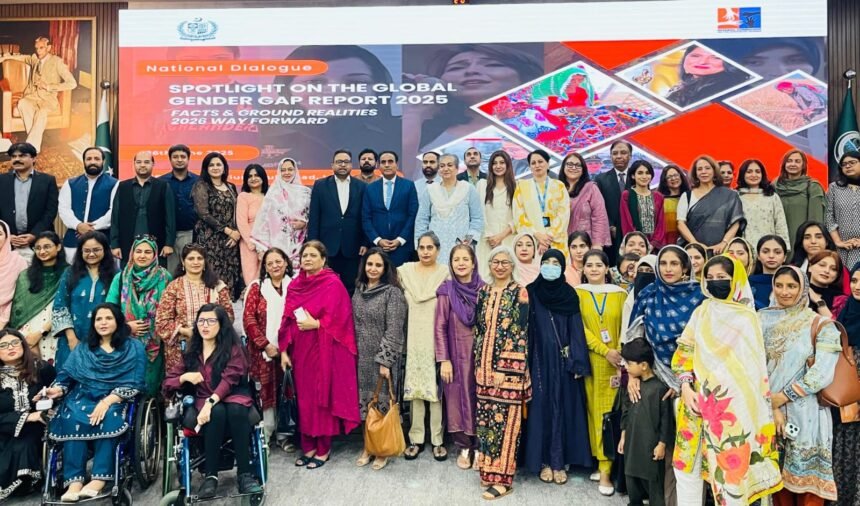

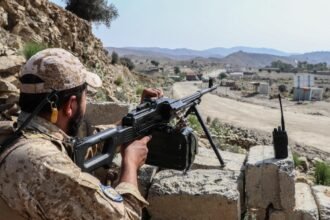

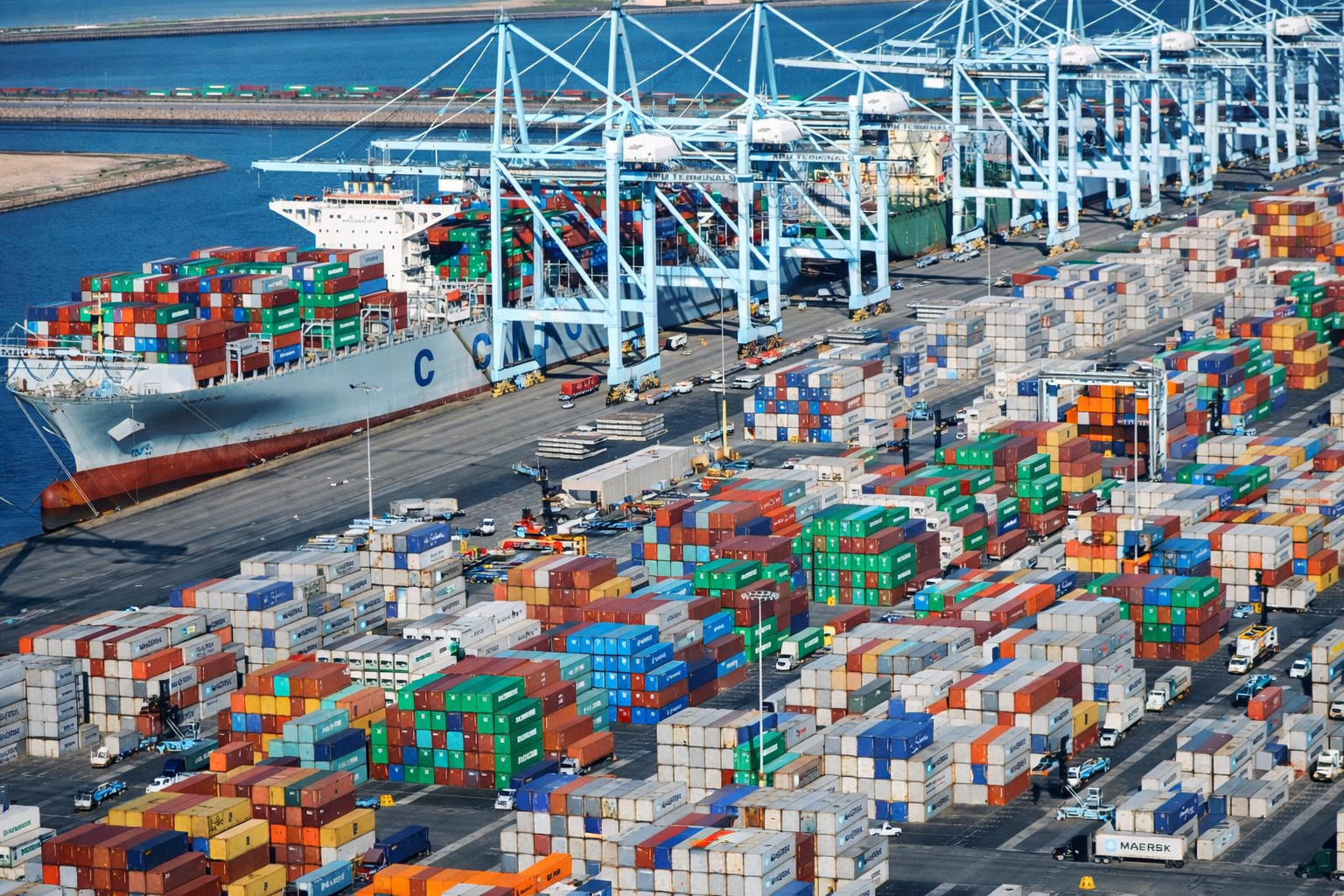
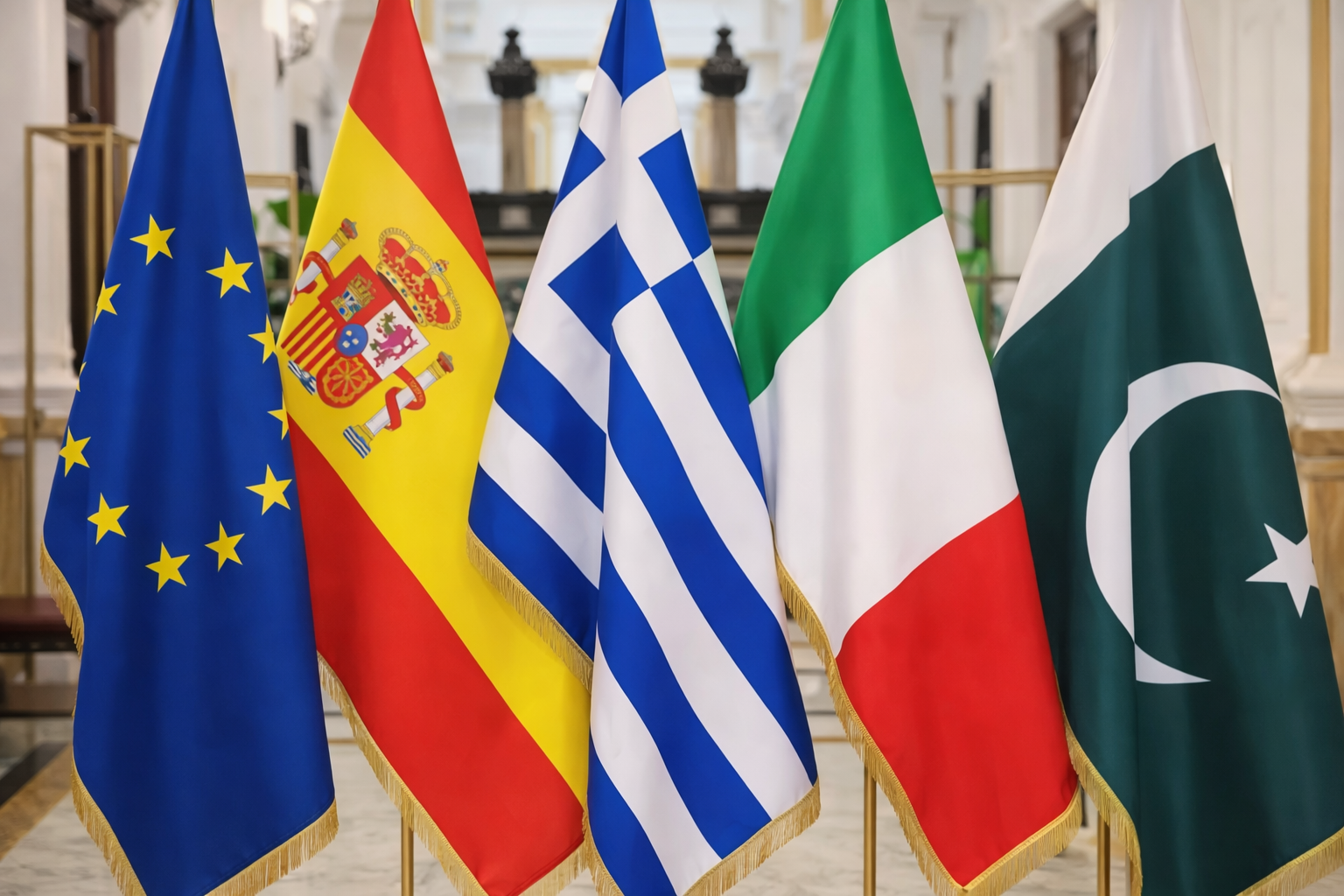
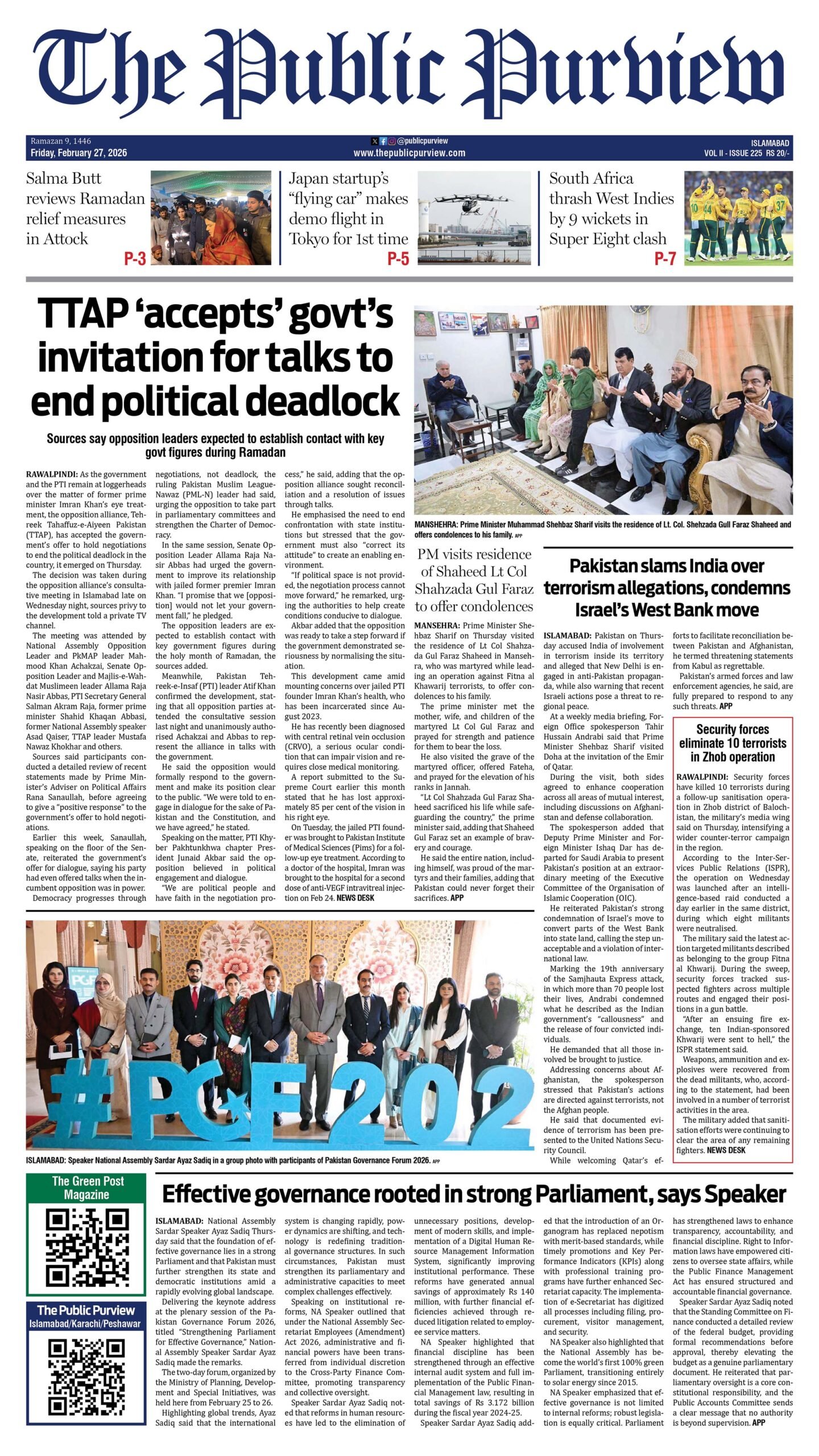 Today's E-Paper
Today's E-Paper